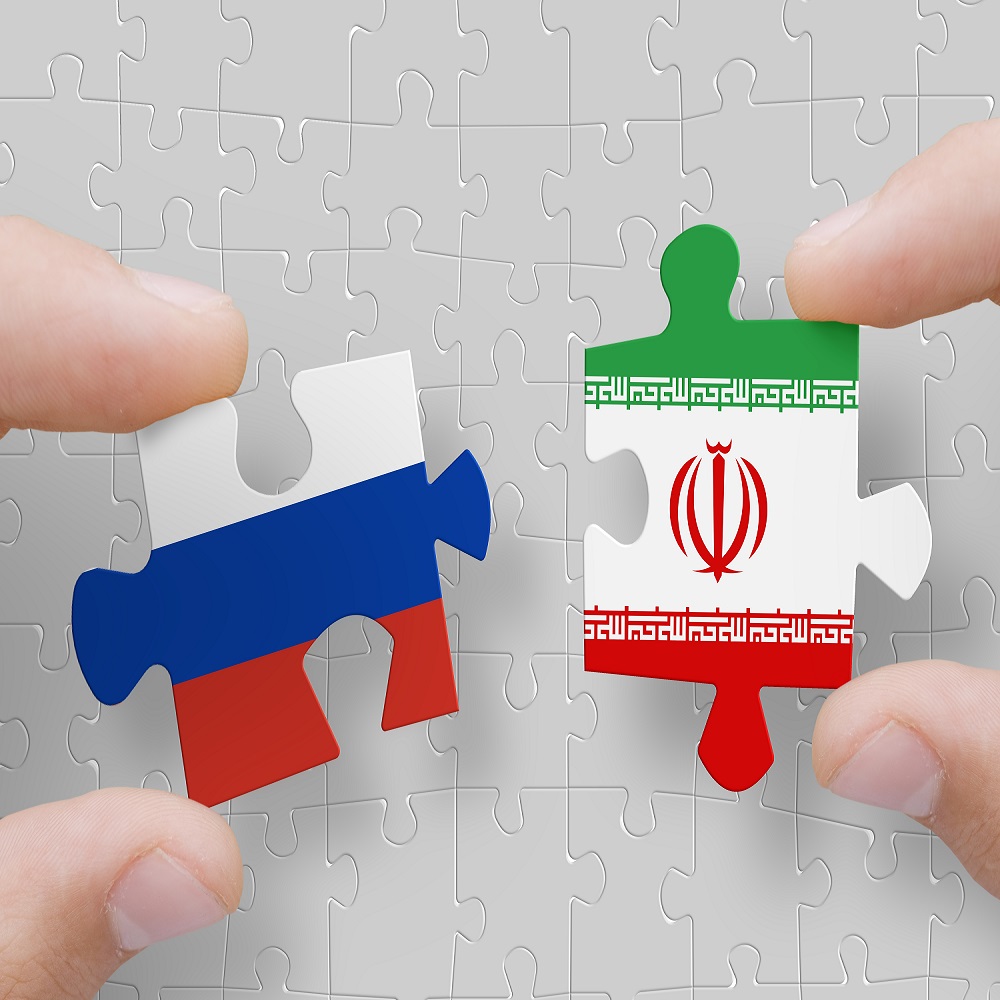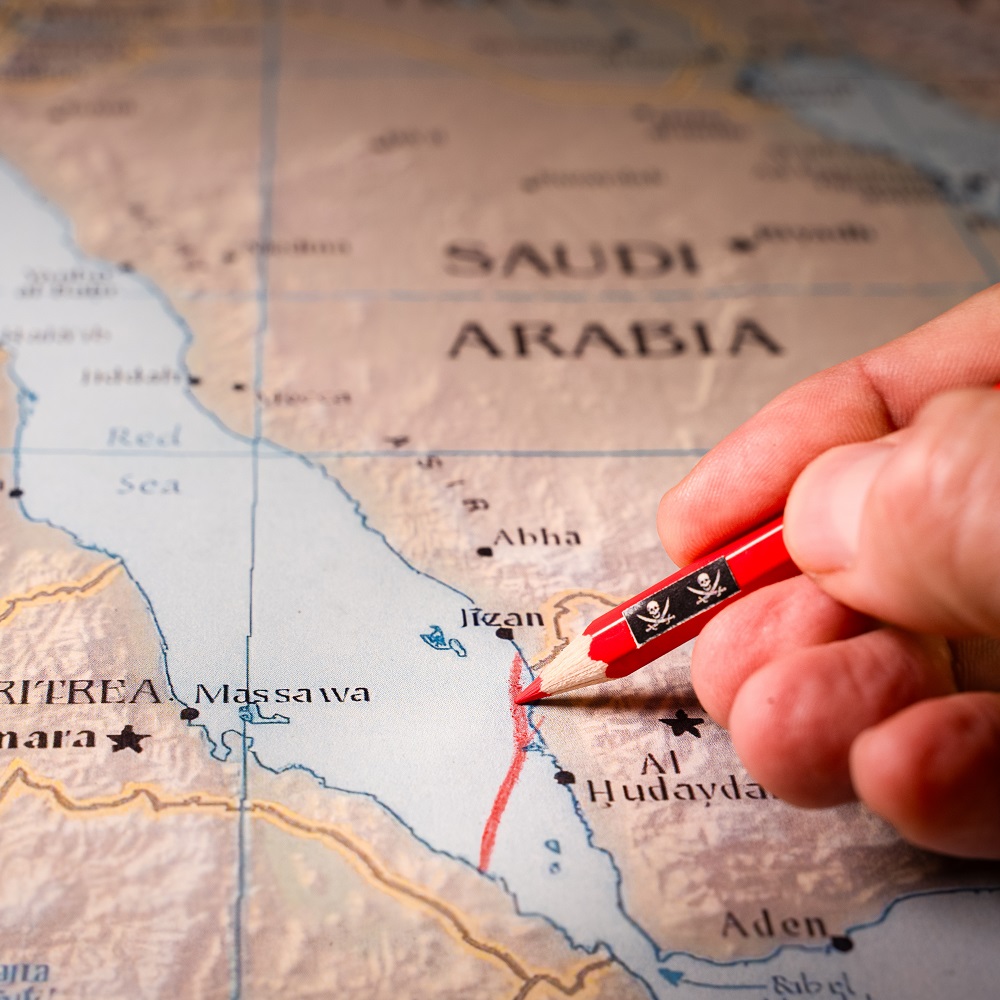
Russia-Hamas Relations and the Israel-Hamas War
by Arkady Mil-Man , Bat Chen Druyan Feldman
Researchers in the INSS Russia program argue: Now is the time for Israel to change it approach toward Moscow Since October 7, Russia has sided with Hamas, refuses to condemn the murderous terror attack that the organization perpetrated in the western Negev, and has questioned Israel’s right to defend itself. Russia’s behavior should underscore to Israel the need to change its policy toward the Kremlin and to stand firmly with Western nations, under the leadership of the United States. Moscow’s firm support for Hamas in the aftermath of the October 7, 2023 massacre represents a turning point in relations between Israel and Russia. While many world leaders have condemned the murderous attack on October 7, Russia has adopted an anti-Israel line and refrained from condemning Hamas. Only a week later after the attack, in a speech to leaders of former Soviet states in Kyrgyzstan, Russian President Vladimir Putin said that the Hamas massacre was unprecedented, but in the same breath he accused Israel of a cruel response. He went on to compare the Israeli blockade of the Gaza Strip to the Nazi siege of Leningrad, which led to a high number of civilian causalities, estimated in the hundreds of thousands. Although Putin said that Israel has the right to self-defense, he added that the attack on innocent civilians in the Gaza Strip was unacceptable. It was only on October 16 that Putin, in a phone conversation with Prime Minister Benjamin Netanyahu, expressed condolences to the families of the murdered Israelis, but without condemning Hamas. Russia’s strategy of maintaining good relations with both sides in any given conflict is reflected in its policy of nurturing ties with Hamas. For Hamas too, ties with Russia are highly important, since it positions it as an organization that is welcome in one of the most important countries in the world. In principle, Moscow has clung to its position that Hamas – defined as a terrorist organization by the United States, the United Kingdom, Germany, and other members of the European Union – is a legitimate political organization. The relationship between Russia and Hamas has not always been as close as it is today. Throughout the 1990s and until Hamas’s victory in the 2006 elections for the Palestinian Legislative Council, Russia condemned the organization’s terrorist activities and referred to its members as Islamic militants, fanatics, and extremists. The relationship changed dramatically after the election, when Putin declared that the organization was elected through a democratic and legitimate process. Russian Foreign Ministry officials began meeting regularly with Hamas representatives in 2006. In 2011, there was a temporary decline in relations after Hamas backed the opposition forces in the Syrian civil war. Hamas figures who were in Syria when the war broke out played an active role fighting alongside the opposition, while Russia supported President Bashar Assad. Nonetheless, ties were not severed, and over the years began to warm. Delegations of Hamas leaders visited Moscow, where they met with the Russian Foreign Minister and other senior officials, and meetings took place between Hamas officials and Russian diplomats in other countries. Russia did not adopt a consistent position during previous rounds of fighting between Israel and Hamas and was influenced by its particular interests at the time. In 2014, during Operation Protective Edge, there was a change in Russian policy as it sought to maintain an image of objectivity and deliberately scaled back its criticism of Israel – in contrast to previous conflicts, such as Operation Cast Lead in 2008-2009. This was probably in response to Israel refraining from criticizing Russia over its invasion of Crimea. Russia’s current interests are not to Israel’s benefit. Moscow’s main goal at this time is to divert the attention of the West, under the leadership of the United States, away from Ukraine. An increase in US involvement in events in the Middle East serves this goal. At the same time, Russia blames the United States for the outbreak of the current conflict. Second, Russia aspires to restore its standing as an influential actor on the international stage, and thus is attempting to promote a ceasefire in Gaza. In addition, Russia’s relations with Iran have become a strategic alliance as a result of the war in Ukraine, and in order to safeguard it, Moscow has adopted a policy that is sympathetic to Iran’s allies, including Hamas. Moreover, it is very convenient for Moscow that the US is the focus of attention in the Middle East. Russia’s support for Hamas can be seen in the measures it has taken in the international arena. On October 16, Russia submitted a resolution to the United Nations Security Council on a ceasefire, but it failed to include any condemnation of Hamas and its attack on Israel. Rather, it condemned violence and terrorist acts against civilians, which could be interpreted as a condemnation of Hamas’s actions or of Israel’s operations in the Gaza Strip. Moreover, the Russian resolution suggested that Israel was responsible for the explosion at the al-Ahli hospital in Gaza, despite clear evidence that the rocket that hit the hospital was fired from within Gaza. On October 25, Russia used its veto power in the Security Council to block a US resolution calling for the condemnation of Hamas and supporting Israel’s right to defend itself. Later, Russian anti-Israel rhetoric became even harsher, returning to the terminology used by the Soviets, when on November 2, the Russian ambassador to the UN rejected Israel’s right to self-defense since it is an “occupying power.” Comments from senior Hamas officials also shed much light on how close the organization is to Russia. For example, in an October 8 interview with Russia Today, a state-run media outlet, senior Hamas official Ali Baraka said that Hamas had updated Moscow about the attack shortly after it began. During the war itself, when a delegation of senior Hamas officials visited Moscow, Mousa Abu Marzook said that “we look at Russia as our closest friend.” After the visit, Hamas thanked Putin and the Russian Foreign Ministry for their efforts to halt “the Israeli violence against the Palestinian people.” Hamas leader Khaled Mashal also said in an interview with an Egyptian television station that the Russians were impressed with the Hamas attack and that they would teach it in their military academies. Russia’s support for Hamas is not limited to the international diplomatic sphere. There is evidence that Russian weapons have been found in Hamas’s possession, including anti-tank missiles and surface-to-air missiles that apparently were transported via Iran – while Russia turned a blind eye. In addition, in the same interview with Russia Today, Baraka claimed that Russia had given Hamas a license to manufacture its own modified version of the AK-47 (Kalashnikov) assault rifle and ammunition. Hamas’s armed wing uses Russian servers. On the economic front too, it is evident that Hamas relies heavily on the Russian crypto market, sending tens of millions of dollars into digital wallets controlled by Hamas (and Islamic Jihad), while bypassing US sanctions. According to Ukrainian reports, the Wagner Group helped to train Hamas terrorists. State-run Russian media has also adopted a clearly pro-Palestinian line. Russian propaganda seeks to justify the actions of the Russian military in Ukraine by highlighting the IDF’s killing of civilians and exaggerating the number of Palestinian causalities. After the blast at the al-Ahli hospital, the Russian media claimed that thousands of people had been killed – a figure higher even than the death toll reported by Gazans. Israeli soldiers are depicted as “immoral” because of the massive causalities they inflict on a civilian population, unlike the Russian soldiers who, according to state-run media, “would never be able to attack civilians, women, and children.” Russian social media channels, such as Telegram, are also awash with anti-Israel rhetoric and blatantly antisemitic comments. In the aftermath of the attempted pogrom against Israeli and Jewish passengers in Dagestan on October 29, Putin convened a meeting with the government and heads of the security establishment and drew a direct line between the war in Ukraine and the war between Israel and Hamas, accusing the United States and the West of undermining stability in Russia, the Middle East, and the entire world. He declared that “the fate of Russia and, indeed, of the whole world, including the future of the Palestinian people, is being decided” on the Ukrainian front. By connecting the two conflicts, Putin is clearly putting Russia on the side of Hamas and Israel on the opposing side, alongside the United States and the West. In effect, Putin has validated US President Joe Biden’s statement that Russia and Hamas are waging a war against democracy. Putin’s comments and Russia’s behavior in the aftermath of October 7 highlight the misconception that Russia would not oppose Israel at critical moments. The change that Israel must make in its policy vis-à-vis Russia is to stand unequivocally beside the United States – which includes supporting Ukraine. The quicker Israel adapts its policy to meet the challenge, the better its strategic balance in the Middle East and beyond will be.










